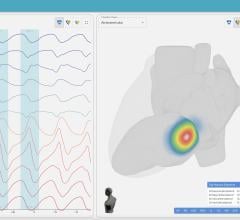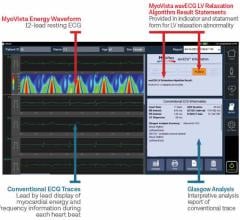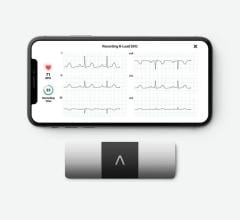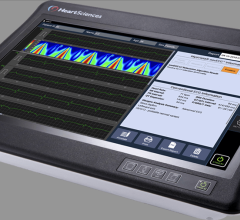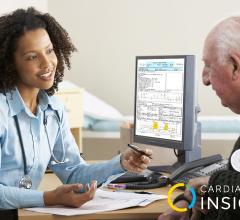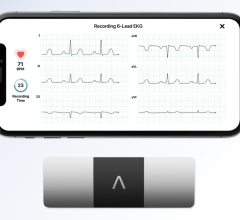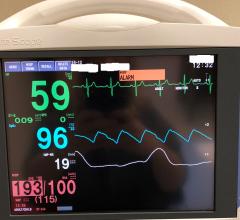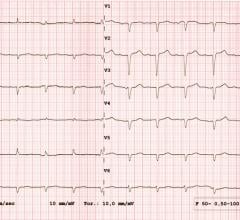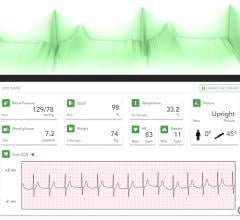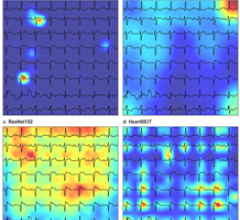September 7, 2023 — Viz.ai, a leader in AI-powered disease detection and intelligent care coordination, announced that ...
ECG
This channel includes news and new technology innovations ECG, electrocardiogram systems. These systems are also referred to as EKG, or eletrokardiogram from the original German term, where ECG was first developed. The channel includes news on standard diagnostic ECG systems, ECG management systems, defibrillator-monitors, Holter technology, and remote and wearable ECG patient monitoring.
September 6, 2023 — Vektor Medical, developer of the only technology to accurately map arrhythmias using just 12-lead EC ...
August 24, 2023 —Heart Test Laboratories, Inc. d/b/a HeartSciences, an artificial intelligence (AI)-based medical ...
While the current positive revolution in percutaneous coronary intervention (PCI) practice has been made possible by the ...
August 23, 2023 — Researchers from Nemours Children’s Health will present a range of studies at the World Congress of ...
August 15, 2023 — Clario, a healthcare research technology company that delivers leading endpoint technology solutions ...
July 27, 2023 — Heart Test Laboratories, Inc. d/b/a HeartSciences, an artificial intelligence (AI)-based medical ...
Technology-enabled “Insourcing” approach to cardiac arrhythmia diagnosis provides patient and provider benefits The ...
July 21, 2023 — AliveCor, a leading innovator in FDA-cleared personal electrocardiogram (ECG) technology, today ...
July 5, 2023 — Heart health risks emerge early in life in American Indian/Alaska Native (AI/AN) women and are increased ...
June 21, 2023 — Anumana, Inc., a leading AI-driven health technology company, has received Breakthrough Device ...
When the patients of Michael Boler, M.D. need cardiac monitoring, the Holter monitor is no longer his first choice. “The ...
June 21, 2023 — Qardio, a leading innovator in healthcare technology, has unveiled its groundbreaking Livestream ...
June 19, 2023 — AliveCor, a global leader in personal electrocardiogram (ECG) technology, has announced a groundbreaking ...
June 14, 2023 — Vigorous exercise does not appear to increase the risk of death or life-threatening arrhythmia for ...
Apple created a stir when it announced in 2018 that its Apple Watch Series 4 was the first consumer health and fitness ...
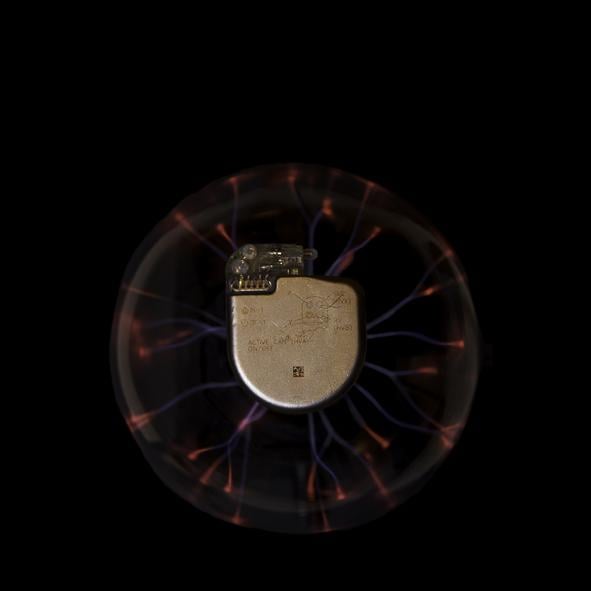
The global cardiovascular diagnostic and monitoring devices market was valued at $14.2B in 2021 and is projected to ...
June 9, 2023 — Mount Sinai researchers have developed an innovative artificial intelligence (AI) model for electrocardio ...
June 7, 2023 — Praveena Paruchuri, MD, is a cardiology specialist with 17 years of experience. She comes to Auburn ...

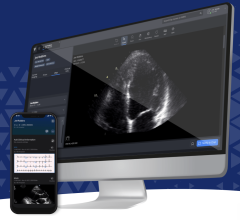
 September 07, 2023
September 07, 2023
